
This engaging population growth activity helps students understand long-term human population trends. Through an interactive simulation of...
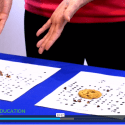
This engaging, hands-on STEM and earth science lesson introduces students to the connection between natural resources and...

This impactful classroom activity uses a simple apple-cutting demonstration to visually represent the small portion of Earth’s...
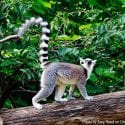
In small group simulations, students compare the biodiversity of temperate and tropical forests and explore the impacts...
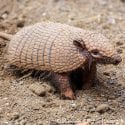
Students discuss the concept of biotic potential and use equations to determine how a family of armadillos...

Students listen to a mathematical folktale and then solve word problems related to doubling. Students will be...
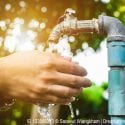
Students collect data on how much water they use in one night, then discuss indirect water use....

Students read (or listen to) the short story, From Island to Island, then create a play or perform...
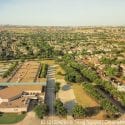
Students graph the impact of being outdoors on their moods and then design an imaginary "green" city.
PopEd Impact
campuses
"The activities not only bring out important content, but they also provide real-world context for environmental, population and sustainability issues. They engage participants in very thought-provoking and critical-thinking discussions.”
Helen de la Maza, Environmental Educator, Irvine, CA

